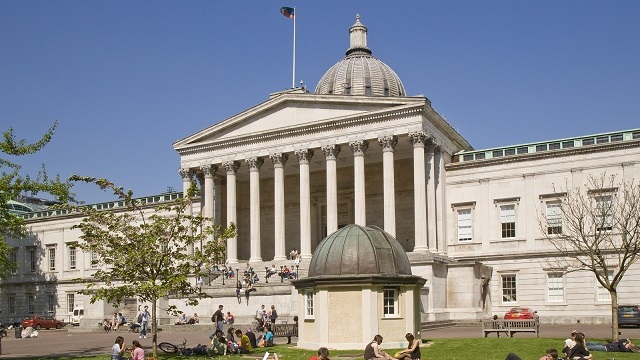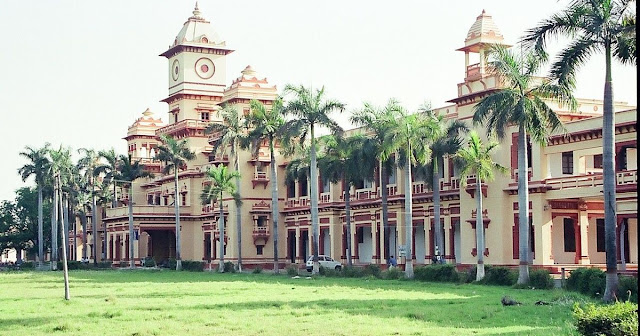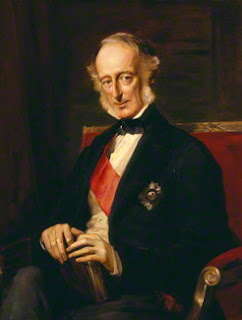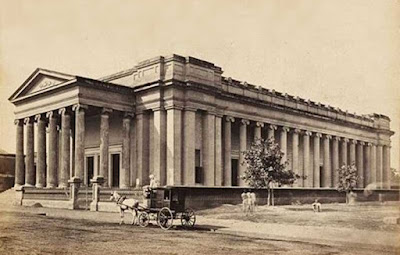Higher Education in India: Three ideas
Higher Ed in India is a serious matter. It should be obvious, given the size of India's youth population, its importance as a major economy and democratic society and the competition it faces from the other rising powers in the region, primarily China. But education in general and higher education in particular were never taken seriously in India, except as an endless series of examinations. The primacy of examinations and middle-class obsession with exam results (Amartya Sen wrote a book titled 'The country of first boys') Over the last thirty years, the sector has been privatised, de-professionalised and badly regulated. The institutions often became the front for money laundering, and they were run by politicians, either directly or by proxy. There are ghost institutions without any real student, widespread corruption in regulation and ranking processes, fake degrees and professors without qualification: It is a big and profitable market, which c...




